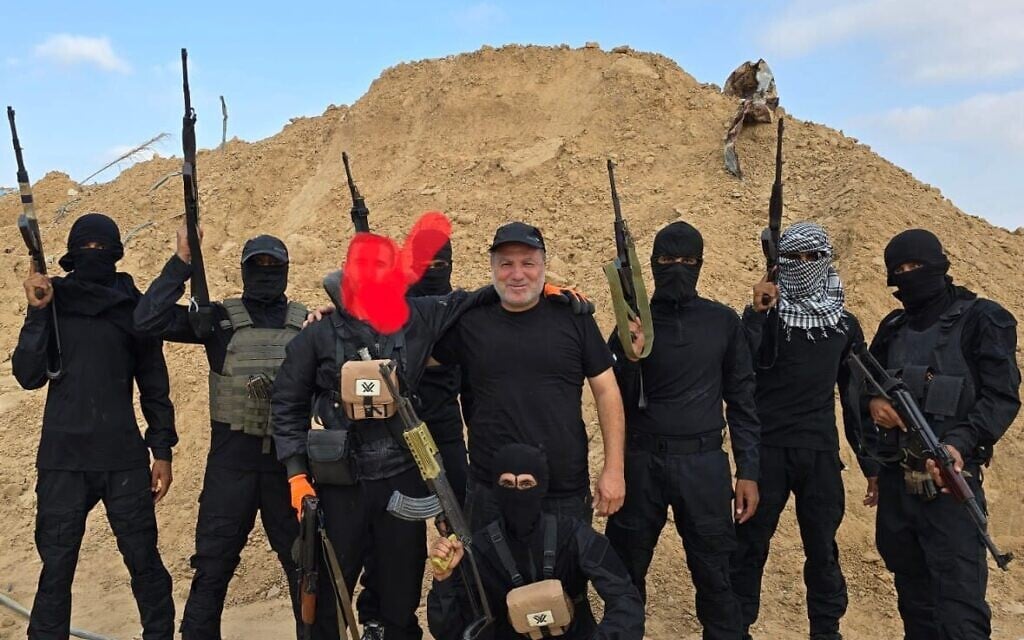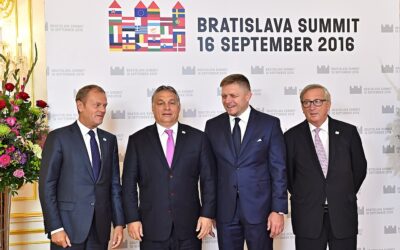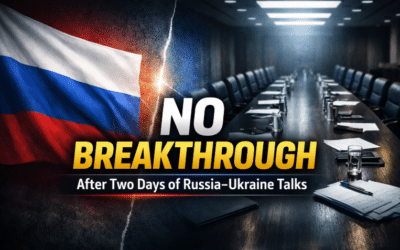Israeli forces are supporting armed Palestinian groups that are opposed to Hamas. The groups have established two areas outside of Hamas’ control. One of the militias, Abu Shabab, is tied to the Islamic State.
A new Palestinian armed militia, Strike Force Against Terror, announced it is prepared for 300-400 people to live in a neighborhood of Khan Younis under its control. “[Israel] help[s] us expand. The goal is the same — that people live under our protection, in agreement with our neighbors,” a commander in the militia explained.
Hossam al-Astal, the leader of SFAT, said his group is committed to keeping Hamas from having a presence in the camp. “Whoever lives under Hamas’s oppression come to us,” al-Astal told The Times of Israel.
Al-Astal says his neighborhood is currently powered with solar panels, but Israel will soon allow electricity and water into the camp. Most Palestinians in Gaza do not have access to power and clean water.
The SFAT-run neighborhood is the second Palestinian militia to establish control over a region with the assistance of Israel.
Yassar Abu Shabab, leader of the Popular Forces, controls an area of Rafah. In June, former Defense Minister Avigdor Lieberman accused Prime Minister Benjamin Netanyahu of arming Abu Shabab’s group, and that it was linked to ISIS.
The Israeli leader confirmed that the IDF was supporting the ISIS-linked group, but argued the policy would save the lives of Israeli soldiers.
Some high-ranking members of the Abu Shabab gang have also been accused of fighting alongside ISIS, such as Issam Nabahin, who is alleged to have been active with the infamous terror group in the Sinai before returning to Gaza. According to Ynet, the group’s deputy leader, Ghassan al-Dheini, was involved in the 2006 abduction of IDF soldier Gilad Shalit, and is the brother of an ISIS operative killed by Hamas.
A senior leader of the Popular Forces told The Times of Israel that SFAT is part of the same organization and is attempting to set up a continuous “belt” stretching from Khan Younis to Rafah. “We are all one,” the commander said.

































